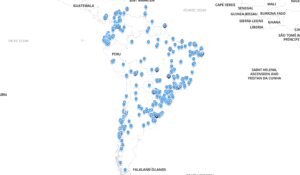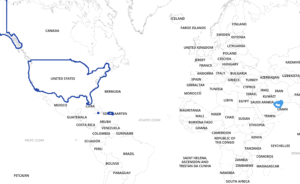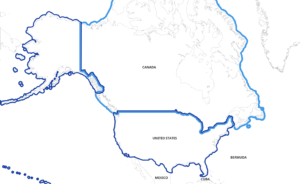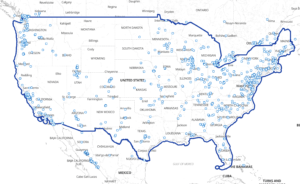Kontur uses a machine learning algorithm to compute monetary loss based on historical data and data retrieved from overlaying events’ geometries with Kontur statistical data.
Why we did it?
Estimating losses in the event of a disaster is difficult, and initial loss predictions rarely match the actual costs. We created an algorithm to compute monetary loss based on analytical data using Kontur Platform capabilities. Retrieved loss estimations enrich Kontur Event Feed with instant disaster damage assessment data.
How we did it?
Dataset Preparation
To create a dataset for machine learning model training we merged pairs of historical events from Kontur Event Feed containing the events’ geometries and their monetary toll.
Linear Regression was chosen as a machine learning approach to estimate disaster loss for several reasons. It is easy to interpret and extract the insights and quickly trained.
We projected statistical data coming from Kontur’s Insights Engine, including Population Dataset, along with datasets from World Bank, Microsoft, OpenStreetMap, and Meta, to event geometries to retrieve the relation of their features and disaster loss.
As the result, the following disaster types were covered by the model: floods, wildfires, tornadoes, winter storms, earthquakes, storms, cyclones, droughts, and volcanoes.
| Event Type | Number of Events |
| Tornado | 543 |
| Flood | 398 |
| Cyclone | 59 |
| Wildfire | 37 |
| Earthquake | 25 |
| Winter Storm | 22 |
| Storm | 7 |
| Drought | 6 |
| Volcano | 5 |
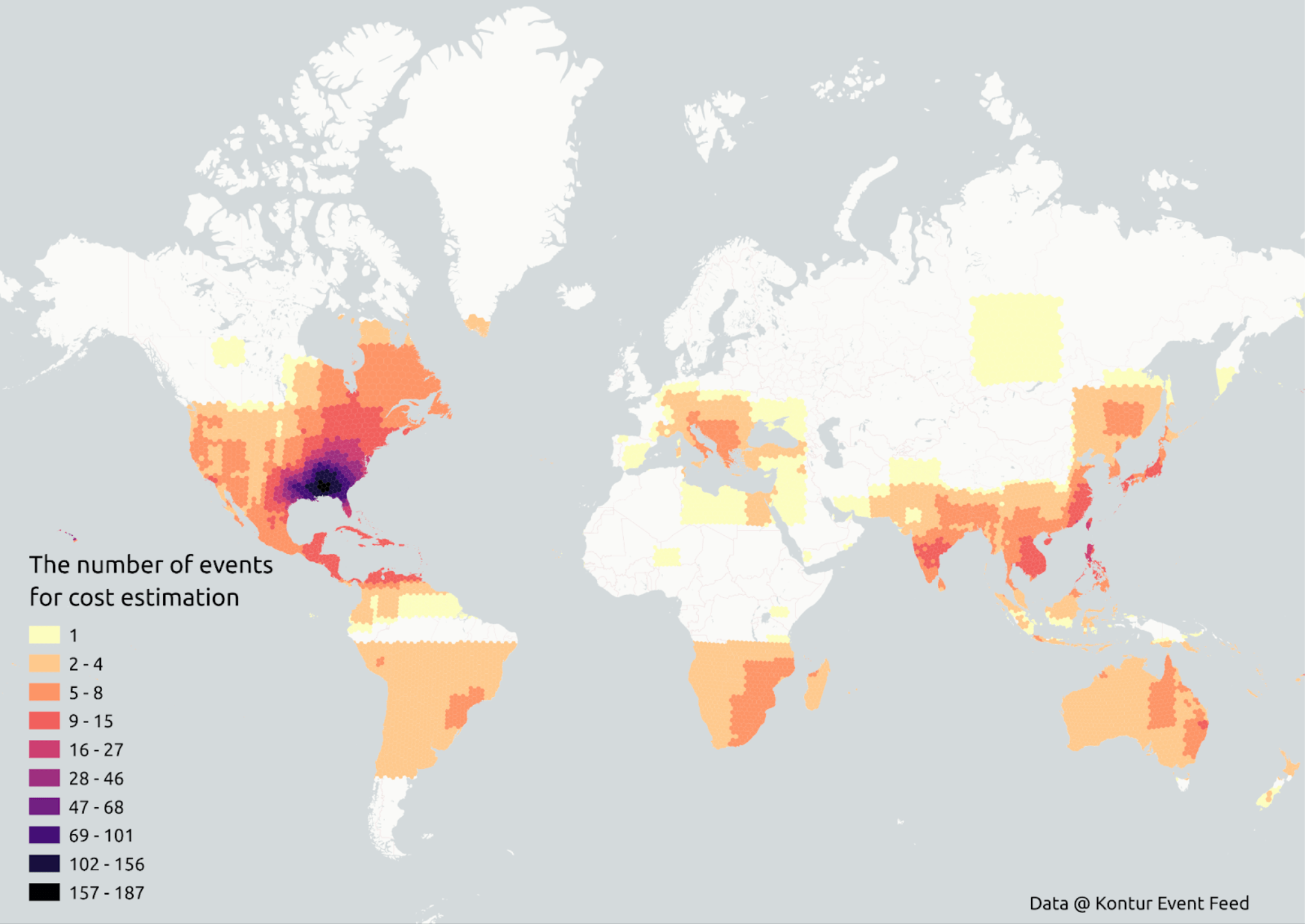
Model Accuracy
The data sample’s limits both in coverage and events number resulted in imbalanced estimation accuracy. The highest accuracy score was achieved for estimating tornadoes’ monetary loss due to the greater number of events and their narrower spatial spread. The mean accuracy of loss estimation for this event type is 64%.
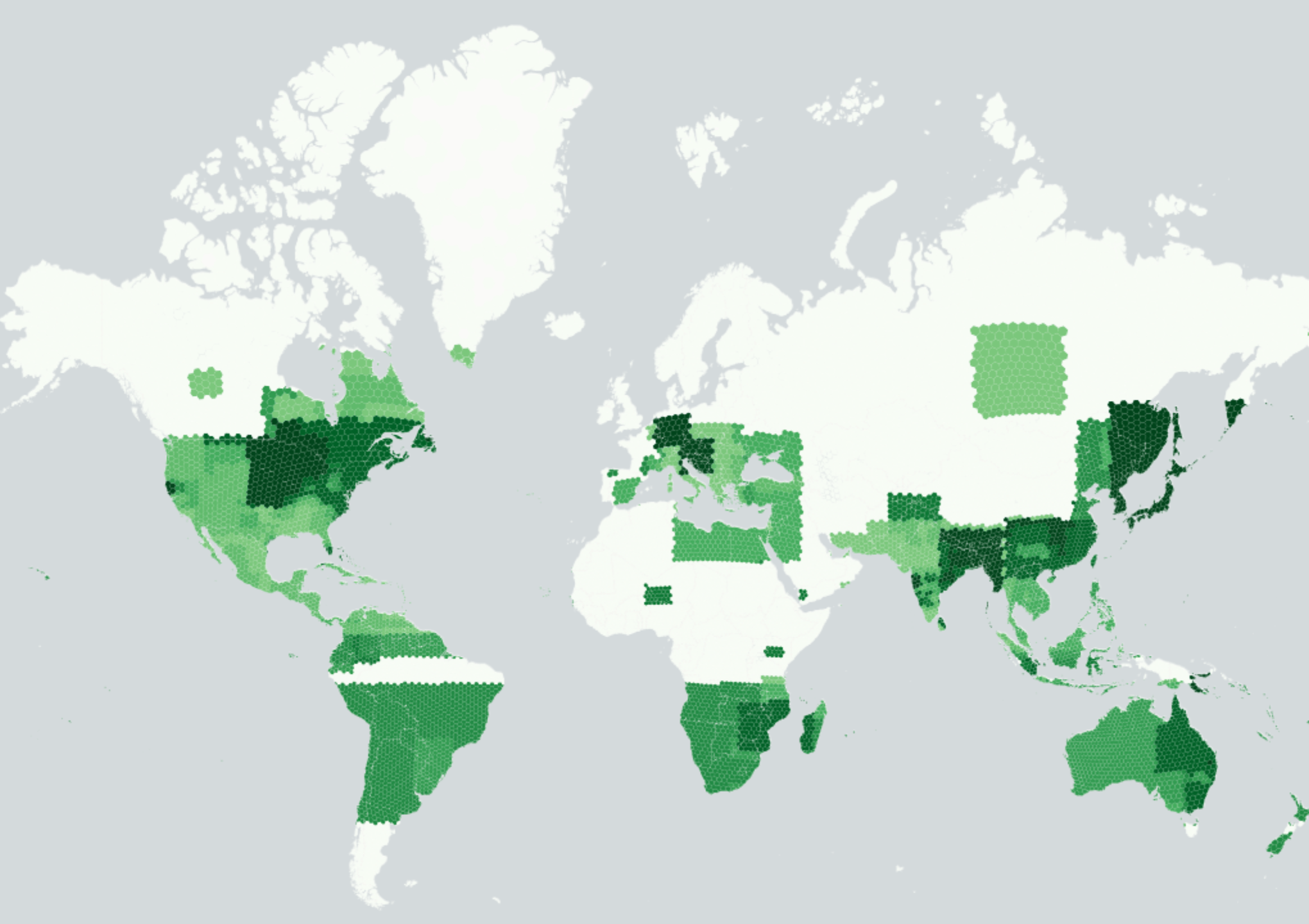
Prediction Examples
Earthquake – 6.4 Magnitude – 8km South of Indios, Puerto Rico
An earthquake with a magnitude of 6.4 at a depth of 10.0 km occurred 8km South of Indios, Puerto Rico on January 07, 2020, at 10:01:06 GMT, as reported by the National Earthquake Information Center (NEIC) of the USGS.
| Predicted cost | $1,047,534,900 |
| Actual cost | $800,000,000 |
| Accuracy | 69.1% |
Wildfire – Riverside County (46 Fire), California
A Wildfire (46 Fire) has been reported in Riverside County, California, the United States on October 21, 2019.
| Predicted cost | $1,141,925,106 |
| Actual cost | $1,300,000,000 |
| Accuracy | 87.8% |
Tropical Cyclone – Yaas, India
A tropical cyclone forecast has been issued by Joint Typhoon Warning Center (JTWC) on May 26, 2021, at 09:00:00 GMT. It has impacted Odisha, West Bengal & Jharkhand areas in India.
| Predicted cost | $2,125,094,231 |
| Actual cost | $3,000,000,000 |
| Accuracy | 70,8% |


